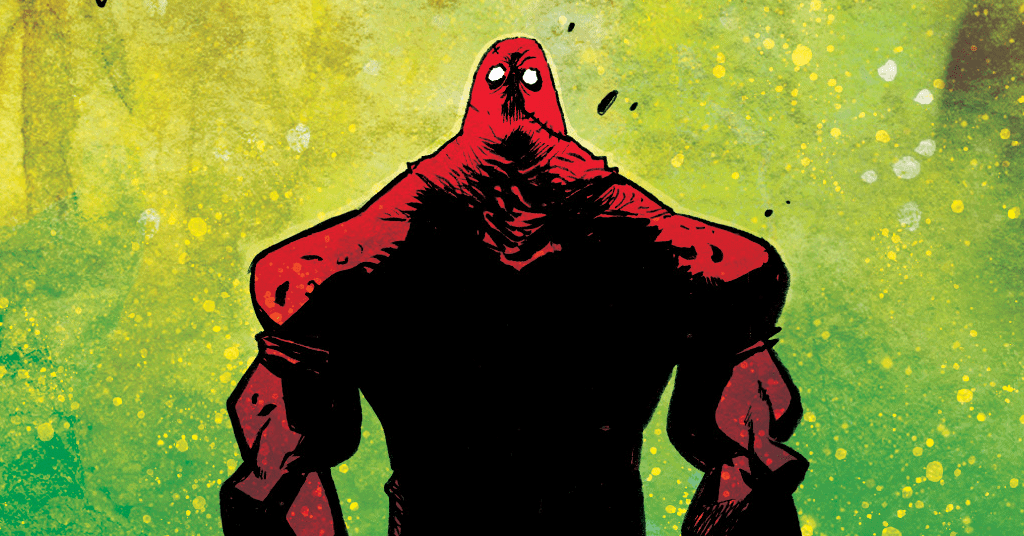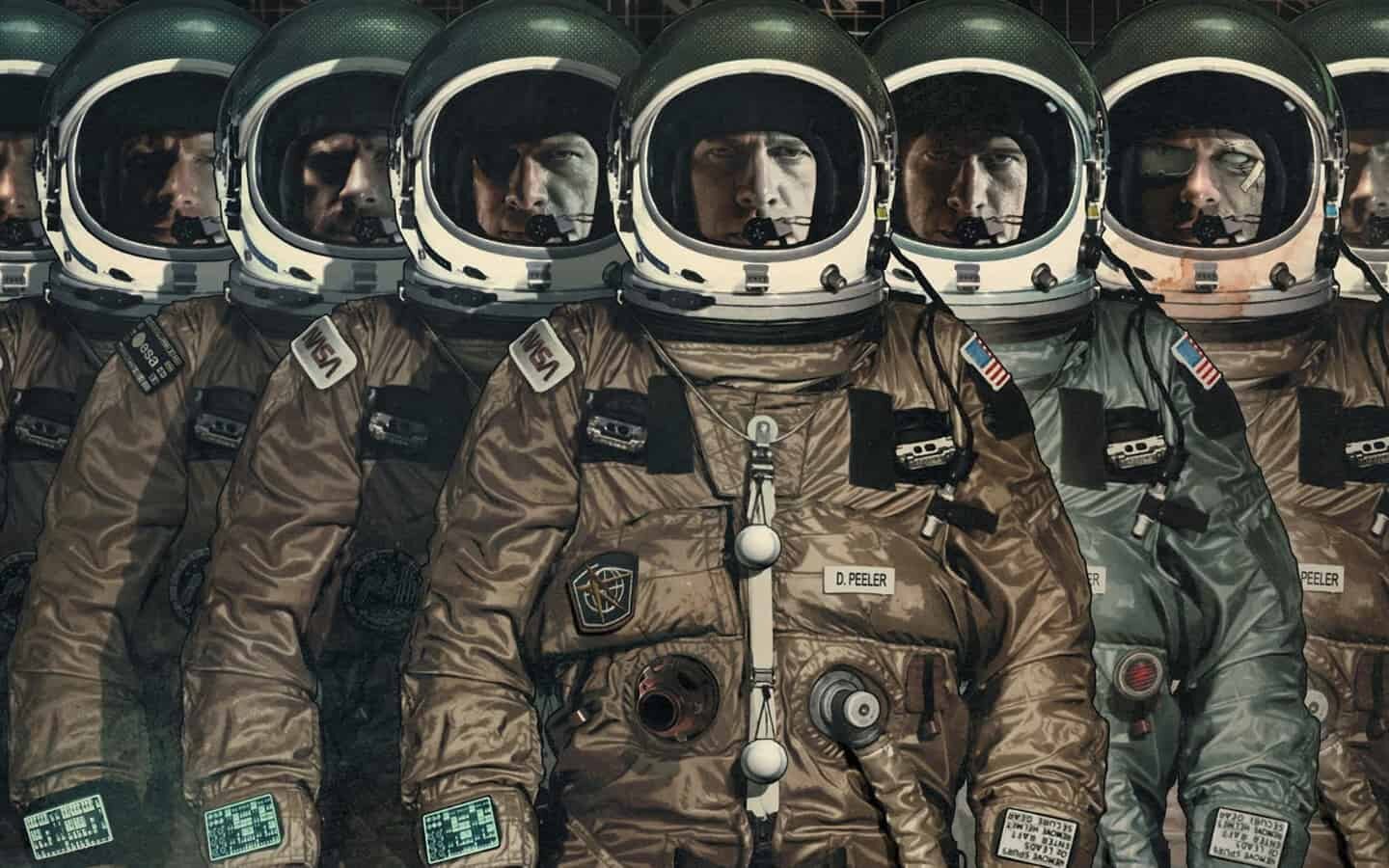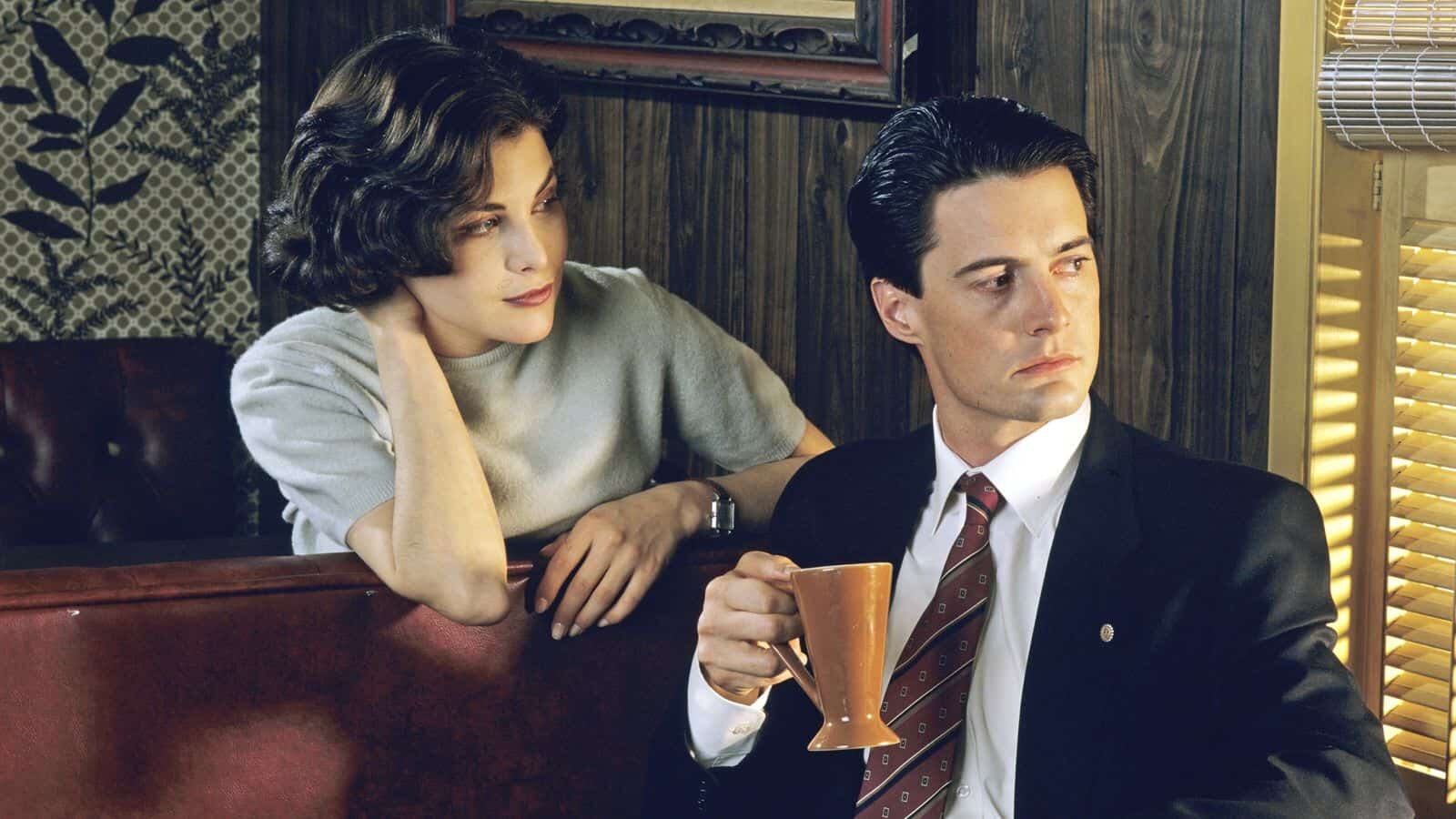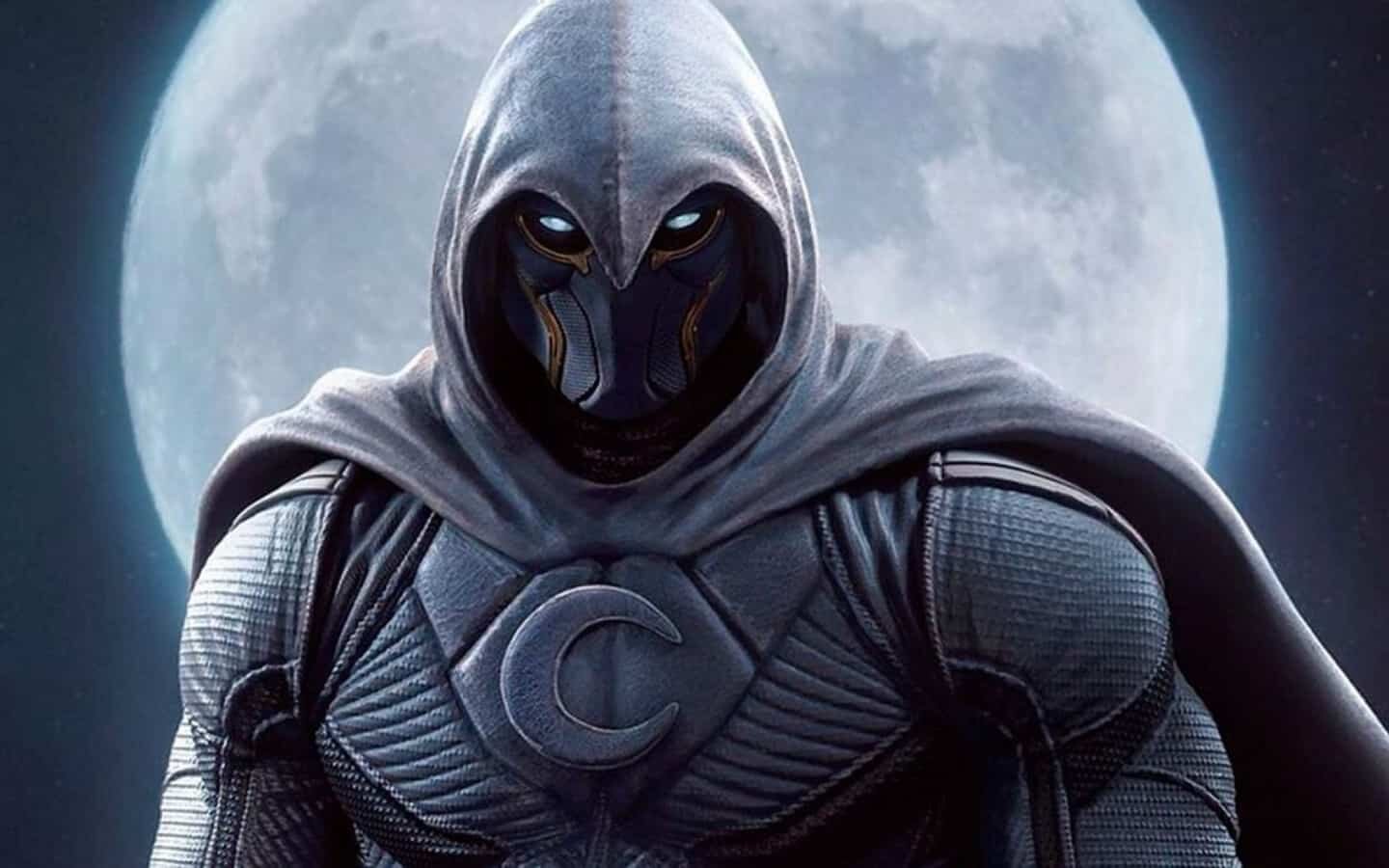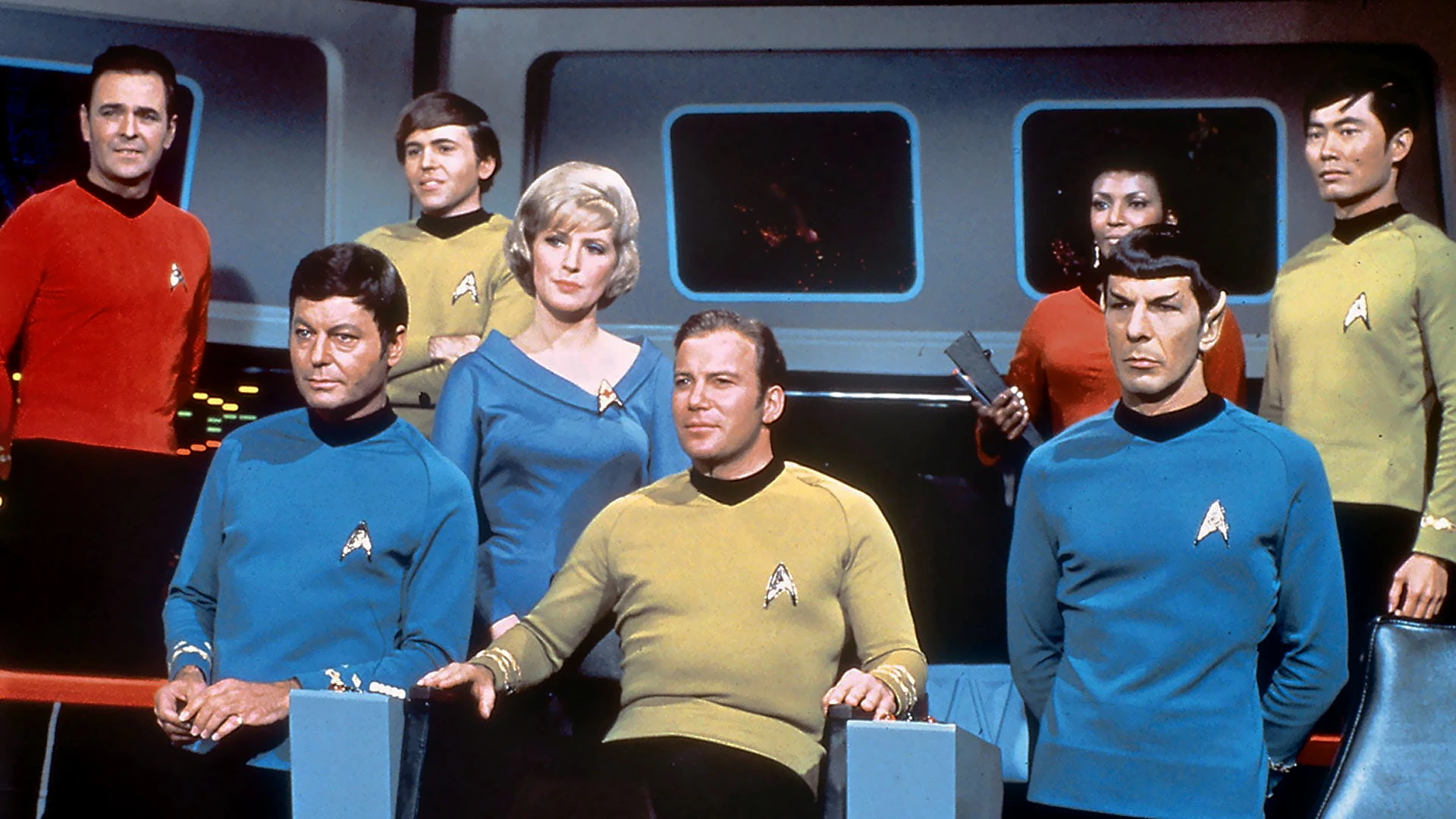Silicon Docks Plot
Ten of the biggest and wealthiest tech and internet moguls are forced to navigate a locked down Dublin in search of a pint.
Silicon Docks Review
One of the results of a two-year worldwide pandemic has been filmmakers being forced (or inspired) to use their time to create new visions that may not have eventuated under normal circumstances. While the industry did get back underway, albeit under strict guidelines, the time afforded many artists the freedom to do whatever they wanted through the pooling of resources and collaboration.
Silicon Docks, the dryly satirical animated film from writer-director Graham Jones, is a notable example of this ethos, whereby the cast and crew volunteered their time and skills to craft this likeable tale of ten internet and tech giants struggling to grab a pint of Guinness over a long day and night in Dublin.
Taking cues from Richard Linklater (the deliberately free-form and talky structure of the Before series and the floaty, surreal animation style from Waking Life and A Scanner Darkly), Jones’ film sees Mark Zuckerberg, Jack Dorsey, Marissa Mayer, Jeff Bezos, Elon Musk and others converge on the Silicon Docks area of Dublin to sign an important EU agreement. Forbidden from entering each other’s buildings, the group meander through the streets and parks, bickering while Marissa tries to convince her disinterested companions to sign the bill.

Jones gets a lot of mileage from his exaggerated versions of these distinctive personalities. Elon Musk’s characteristic aloofness is hilarious (and far less annoying) in this context, helped immeasurably by the robotic Irish accent he uses thanks to a voice synthesiser implanted in his neck. The rivalry between Evan Spiegel and Mark Zuckerberg is front and centre, with the two constantly trading barbs. Spiegel’s exasperation with Zuck (and the whole group) sees him trying to get out of dodge, but Marissa convinces him to stay and try and bury the hatchet with his main rival.
Zuckerberg is typically self-obsessed and neurotic, and his view of politics and the US elections is hilariously naive for someone whose platform was embroiled in the 2016 election for less than honourable reasons. Zuck’s continued response of saying ‘Like’ to something he approves of is an obvious but funny gag. As is Netflix’s Reed Hastings continually futile attempts to get Bono to let them come around and party at his place.
Jack Dorsey’s sage-like persona is also used to hilarious effect – his calmness belying a superiority complex and barely hidden anger. He calls his angry dissenters’ Jack-offs’ (in contrast to Elon’s Musketeers) and insists on buying imported Nigerian Guinness from the off-licence.
Marissa Mayer seems to be the only one considering the bill seriously, while the others seem content to walk and drink rather aimlessly. The group wander through various locales, such as their own websites in one surreal montage and, at one point, an anti-urination camera, as the clueless Musk and Bezos stop to take a leak in public.
The film never digs deep into these figures’ issues, but it doesn’t need to. The audience is well aware of the problematic nature of their business in terms of privacy, labour and tax evasion (a highlight is Bezos evading a persistent Irishman in a park on this issue) and the hilarity comes from these socially awkward and highly competitive people trying to make the best of a bad situation (the pubs all being closed.)
Silicon Docks Overall
As befitting the haphazard nature of their journey, the film is light on plot but utilises its humour and Linklater-meets-Van-Gogh visual style, courtesy of animator Kasia Wiśniewska, to keep the viewer invested in this wry and topical slice of homemade satire.
What did you think of Silicon Docks?
Silicon Docks will be available to watch for free on YouTube on the 1st of October. What did you think of Silicon’s Dock? Let us know on social media.

